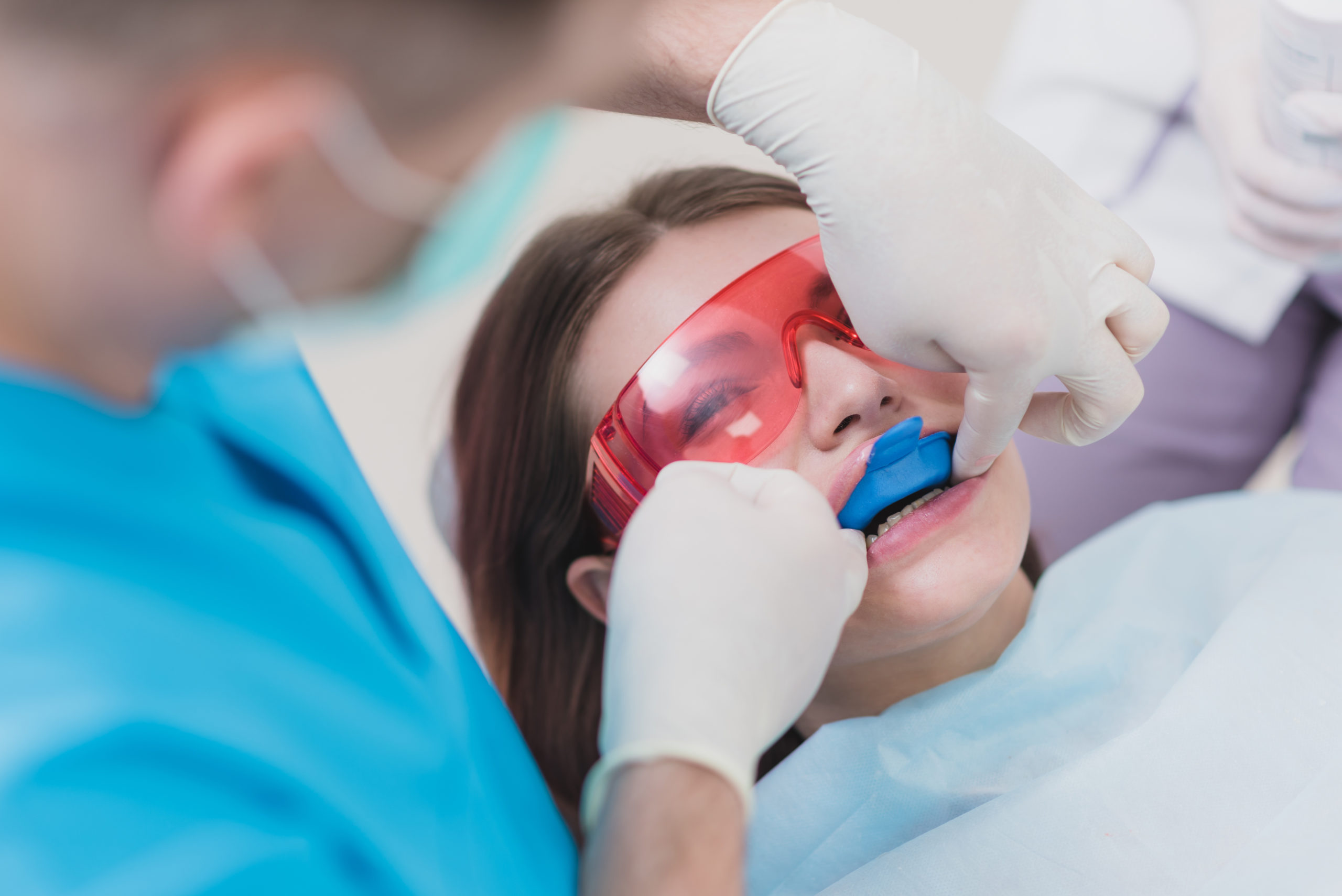What I have found over the last decade of working clinically, is that patients don’t care how much you know, until they know how much you care. I have witnessed clinicians who educate with ample passion on the science behind products but lack the emotional connection with their patients.
This emotional connection is essential when we are looking to prevent or treat disease among our patients. Patients must know why you are recommending the specific products or treatments based on their needs, while expressing concern for them specifically.
1) Trust in the Proof
Historically, dentistry has used scare tactics to increase patient compliance. For example, if you don’t treat that tooth now, it will fracture. That patient may go home and discuss with their loved one to provide guidance. The average patient says to themselves, “well, it doesn’t hurt so it must be okay.” The patient then decides to wait for years, without any immediate issue of fracture, proving the dentist wrong and become more confident in their own need to self- diagnosis. I find that this transaction in dental offices happens often and creates more skeptical patients. This does not make the dentist wrong in any way, it simply means that they did not show the patient what they see.
When you pick up an intraoral camera and capture images of a fracture in an amalgam filling, the recession on a tooth, or the heavy stain throughout posterior teeth it creates urgency. The patient then can not deny that an action has to change on their end. This will increase the rate of case acceptance.
2) Foundation of Education
The goal for each preventive appointment is to make the patient aware of their specific risks of tooth decay through their diet, their current oral health, their medications and medical history, and their past rate of wear or rate of decay. This not only builds a foundation of trust from the patient to you, but often creates a unique experience for the patient. The patient needs to hear things five to seven times to retain information, therefore, other providers have probably expressed their risk factors but continuing to follow up on your initial conversation will create urgency for long-term change.
3) Powerful Prevention
Once you have educated the patient about the risks, you can build value to the products you are choosing. For instance, if the patient has gingival recession you can explain why you are choosing to select a fine grit for their stain removal. A product such as DMG Kolorz fine grit paste with xylitol
and 12,300 ppm fluoride is a fantastic option for stain removal, cementum and enamel preservation during and after stain removal. The entire Kolorz line from DMG comes equipped with xylitol, a natural five-carbon sugar that works in the metabolism cycle in bacteria. Xylitol works to kill bacteria without creating acids and work to balance the pH. Explaining why the product you and your team have chosen, the preventive products for their powerful ability to prevent decay, will increase the significance of every preventive appointment.
As dental professionals, we have the ability to increase patient engagement through empowering their dental IQ. The capability to increase the patient’s knowledge and change their preventive regime first starts with demonstrating the current evidence. The DMG product lines offer science based, preventive products in a great taste that will have your patients saying, “yes” to preventive treatments!

